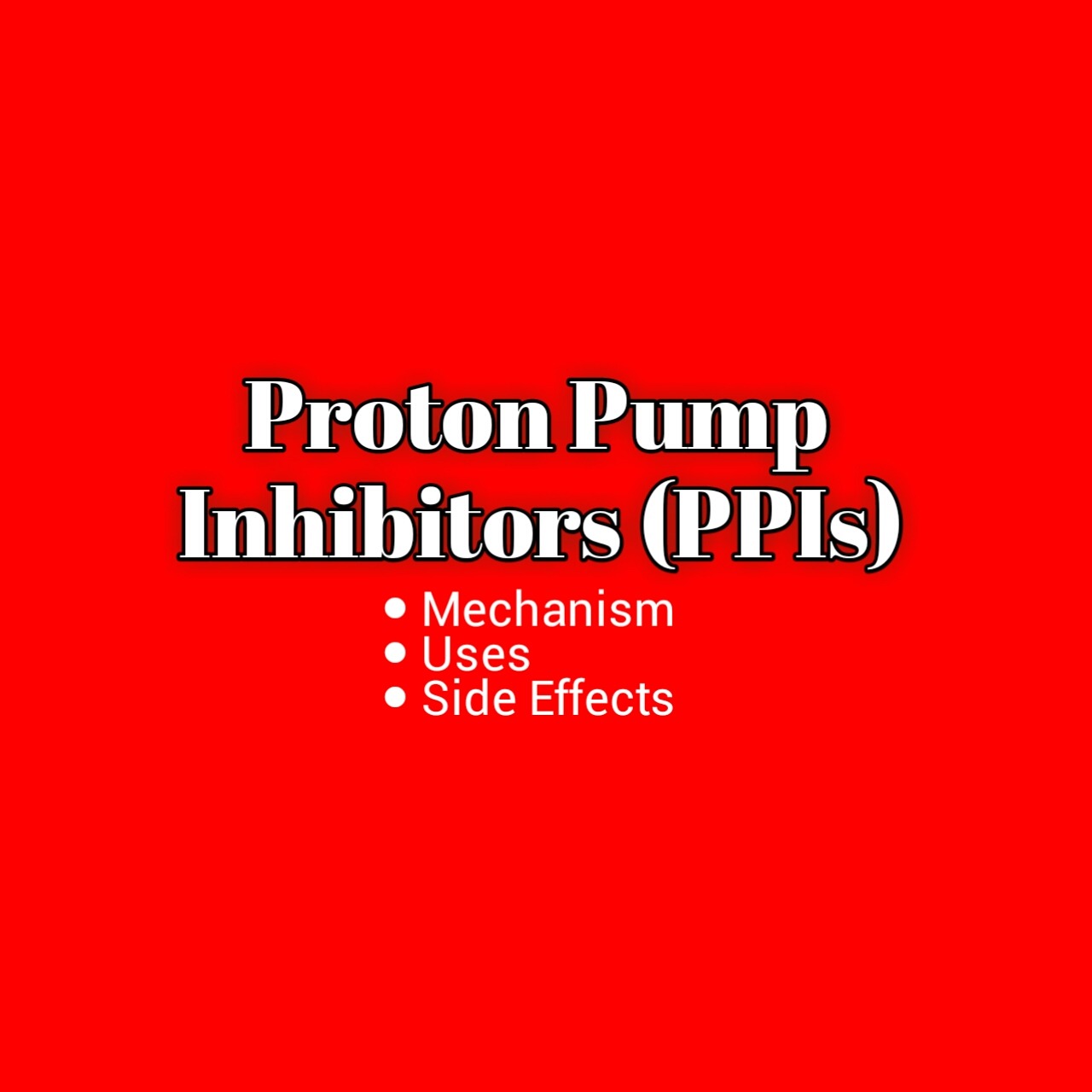
What are proton pump inhibitors and Their Mechanism ?
Proton pump inhibitors (PPIs) reduce the production of acid by obstruction the enzyme in the wall of the stomach that produces acid. Acid is important for the formation of most ulcers in the esophagus, stomach, and duodenum, and therefore the reduction of acid with PPIs prevents ulcers and permits any ulcers that exist within the esophagus, stomach, and duodenum to heal.
What diseases do PPIs treat?
Proton pump inhibitors are used for the prevention and treatment of acid-related conditions such as:
- For Treatment Of Esophageal duodenal and stomach ulcers
- NSAID-associated ulcer
- For Other Ulcers
- For The Treatment Of Gastroesophageal reflux disease (GERD)
- And for Zollinger-Ellison syndrome
They also are used in combination with antibiotics for eradicating Helicobacter pylori, a bacterium that together with acid causes ulcers of the stomach and duodenum.cs for eradicating H. pylori, a bacterium that together with acid causes ulcers of the stomach and duodenum.
Proton Pump Inhibitors for (GERD) And Other Conditions
Proton pump inhibitors (PPIs) Reduce the generation of Acid by obstructing the compound in the mass of the stomach that produces Acid :
Examples
Generic Name Brand Name
- Dexlansoprazole Dexilant
- Esomeprazole Nexium
- Lansoprazole Prevacid
- Omeprazole Prilosec, Zegerid
- Pantoprazole Protonix
- Rabeprazole Aciphex
These drugs are taken by mouth (as a pill or fluid) on more than one occasion a day. Some of these medications are given intravenously (IV) in the Hospital.
Side Effects:
The most common side effects of proton pump inhibitors are:
- Headache
- Vomiting
- Nausea
- Constipation
- Abdominal pain
- Diarrhea
- Flatulence
- Fever
- Rash
Nevertheless, proton pump inhibitors generally are well tolerated.
PPIs may increase the risk of Clostridium difficile infection of the colon. High doses and long-term use (1 year or longer) may increase the risk of osteoporosis-related fractures of the hip, wrist, or spine. Prolonged use also reduces absorption of vitamin B12 (cyanocobalamin).
Long-term use of PPIs has also been associated with low levels of magnesium (hypomagnesemia). Analysis of patients taking PPIs for long periods of time showed an increased risk of heart attacks.
Therefore, it is important to use the lowest doses and shortest duration of treatment necessary for the condition being treated.
Other serious side effects associate with PPIs include:
- Toxic epidermal necrolysis
- Reduced liver function
- Erythema multiform
- Stevens-Johnson syndrome
- Reduced kidney function
- Serious allergic reactions
- Pancreatitis
